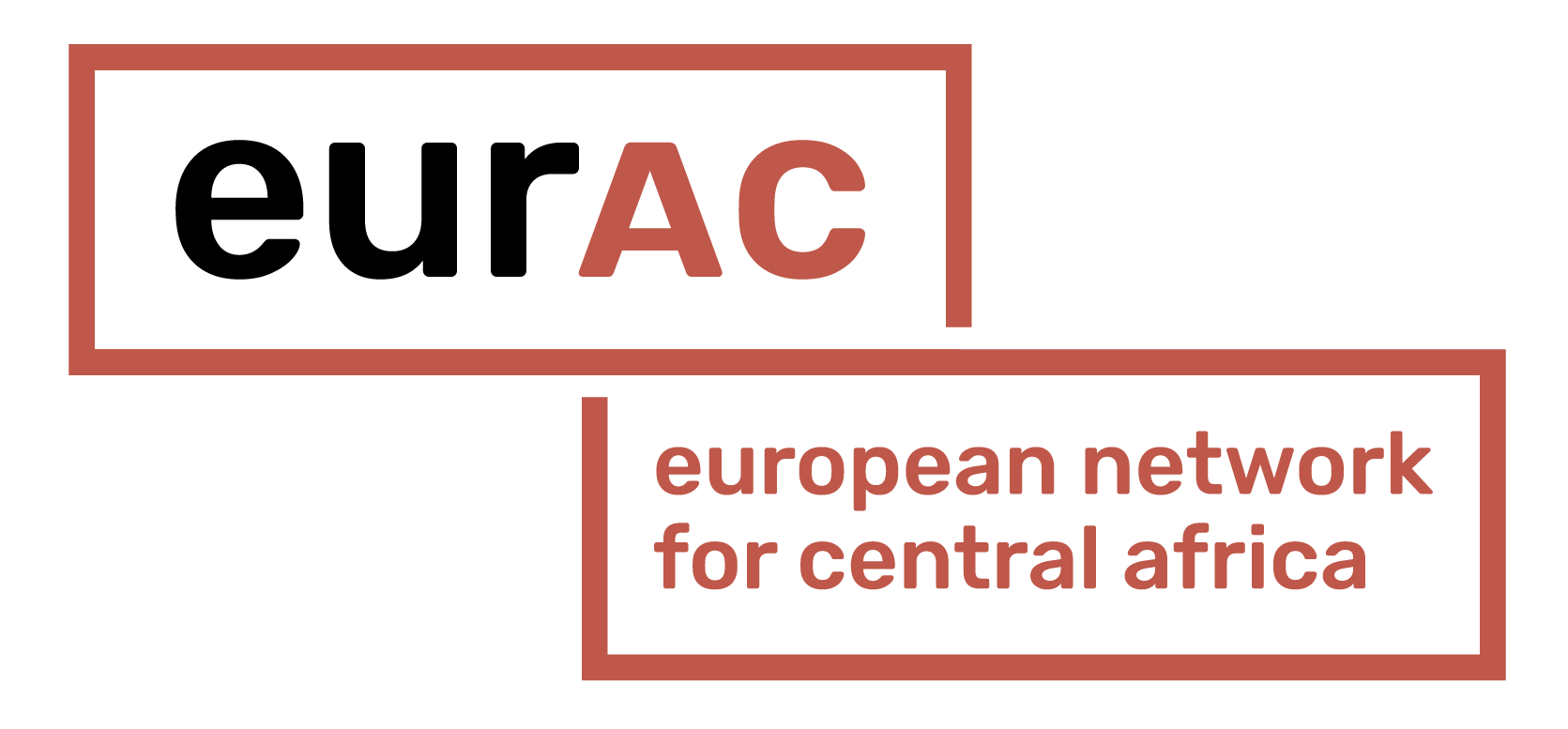EurAc questions the recent decision of Belgium to grant a visa to Congolese Minister for Communications and Media, despite EU sanctions
PRESS RELEASE
20 October 2017
The European network for Central Africa (EurAc) questions the recent decision of Belgium to grant a visa for humanitarian purposes to Lambert Mende, Minister for Communications and Media and government spokesman of the Democratic Republic of Congo (DRC), despite European targeted sanctions, including a ban on entering the European Union (EU), imposed on him in May this year.
Indeed, on May 29, 2017 the European Council adopted new conclusions on the situation in the DR Congo, applying restrictive measures against 9 additional individuals holding positions of responsibility in the State administration and in the security forces. Lambert Mende was added to the list of the targeted individuals, stated to be “responsible for the repressive media policy applied in the DRC, which breaches the right to freedom of expression and information and undermines a consensual and peaceful solution towards the holding of elections”.
EU sanctions include, among other things, a ban on entering the EU. Mr. Mende has come to Brussels and as such entered the EU territory on 19 October 2017. This appears incoherent with the restrictive measures imposed on him on May 29, 2017. His visit risks to undermine the EU’s sanction regime towards the DRC and creates the perception that it can easily be breached. Although the reason for the derogation granted to Mr. Mende by the Belgian authorities was ‘humanitarian reasons’, it sends a wrong signal to all those Congolese citizens having difficulties to obtain visa to enter the European Union for humanitarian reasons (medical, political or other).
Finally, it undermines the credibility of Belgium and of the EU as a whole as they seem to fail to comply with their own decisions, setting a dangerous precedent which could endanger a future consistent and coherent application of EU sanctions. The European Union, and Belgium in particular, should explain the reasons for this derogation.

